by Collett Smart
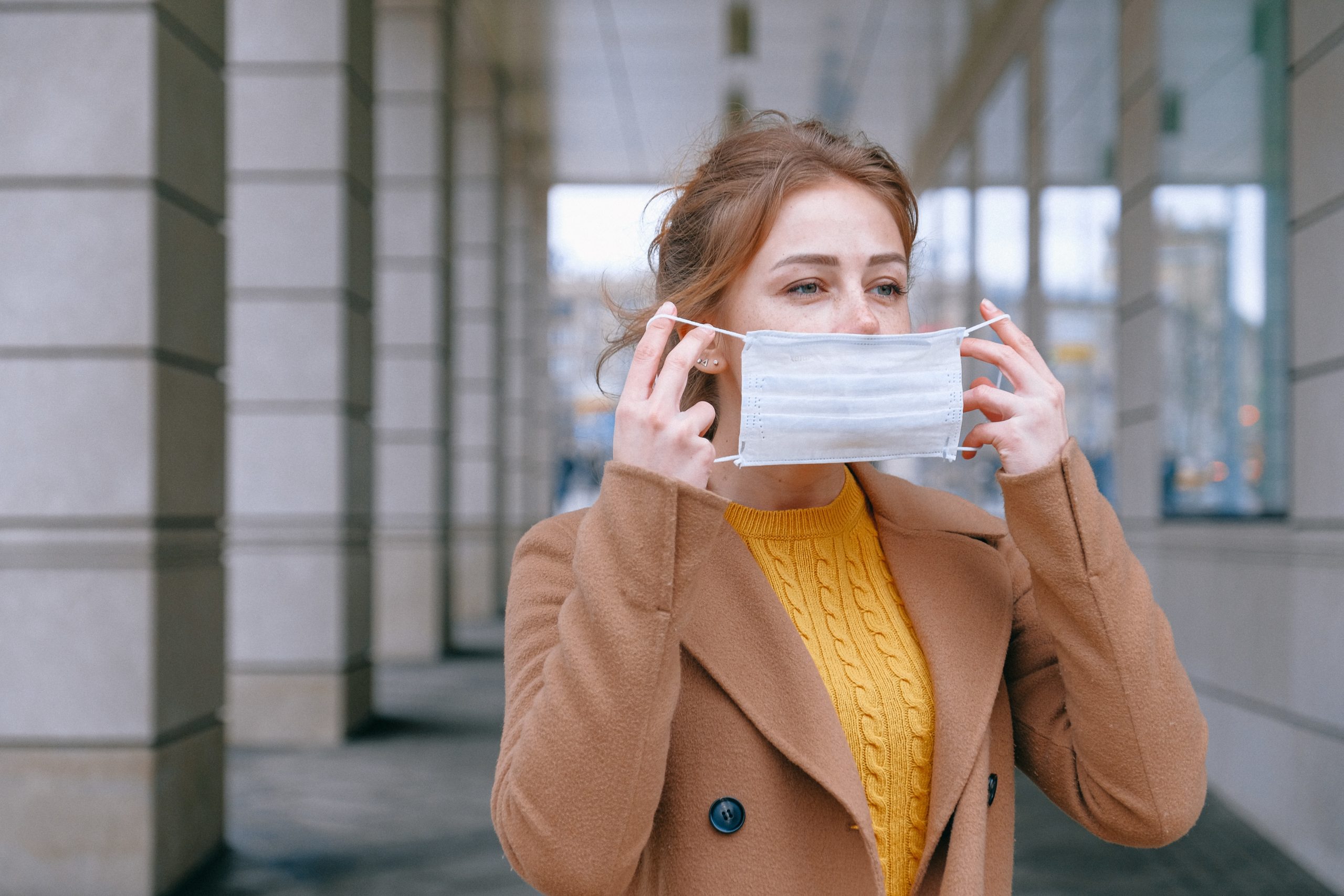
Like many reading this, I am a parent (I have 3 children, one already an adult) – and the talk of COVID-19 has been part of our daily conversation in the last weeks. Especially since the flow of information (and misinformation) has picked up. It’s difficult to ignore isn’t it? Reports are everywhere. On every screen, in every feed, every board meeting, work site and school staff meeting. I think many of us have vacillated between the ‘what nows?’ and the ‘what ifs?’
We know that we can’t shield our tweens and teens, because they will hear about it anyway, from peers, siblings, online… But how much is too much information? And what is age appropriate? How do we help our teens and tweens manage their anxiety about COVID-19? How do we steer away from the fear?
As a Start
Model
Even teenagers look to the adults in their lives for behavioural cues. They learn from us about how concerned they should be about anything unknown or new. Even without words, our behaviour can inadvertently create a climate of distress in our homes. So it is important that we have support people to turn to, if we are feeling anxious ourselves.
Normalise Anxiety
Concern for the unknown or some new disease is a perfectly normal reaction. Encourage your children that not all anxiety is bad. It is our brain’s brilliant way of keeping us safe from and alert to danger. Anxiety works like an alarm system, which prompts us to think of ways to look after ourselves.
It’s just that an oversensitive alarm system can lead us to irrational thoughts and fears, which affect our healthy daily functioning. So how do we keep this alarm system in check, during this time? (I’ll get to that soon…)
Monitor your child
Even within developmental stages, children will display differences in how they respond to certain pieces of news or information. Just because your tween does not verbalise that they feel anxious (they may not even recognise anxiety in themselves), does not mean they are not struggling with something they have heard.
You know your child best, so looks for signs that they are not doing well. I.e. regression, sleep issues (struggling to fall asleep, waking up in the night and worrying, nightmares), changes in appetite, changes in behaviour (acting out, withdrawal, bouts of crying for seemingly small things), separation anxiety (not wanting to go to school, usual activities or to be left alone), sudden headaches or tummy aches and drop in school performance.
What to Say
Be proactive
At this time, it is a good idea to be proactive. Start by finding out what your child has heard and what they know, before launching into too many details.
This can be done by asking open ended questions like, “Can you tell me what you heard about that?”
You can also ask specifically if they have any fears or concerns. Keep in mind that your t(w)een’s primary response to ‘scary’ or unknown news can often be emotional, rather than intellectual.
The real question behind their question is usually, “Am I safe?”
This is the most important bit – Listen well!
When your kids come home with stories from a classmate who said that you or grandma might die, this could be the underlying fear of the COVID-19 stories, for them.
Rather than simply saying, “Oh, I’ll be fine.” or “That’s a silly thing to say.” or, “Just forget about it.” – acknowledge the emotion with something like, “That must have felt scary to hear.” or “That must have worried you.” Do lots of listening. Ask more open ended questions and then listen some more. Even if your teens’s question or fear seems ‘silly’ to you – don’t minimise.
If it is important to them it should be important to you. This helps your child feel heard and develops a sense that you care about them.
How Much to Say
Tailor your approach to each child’s age, maturity level, ability to process information and exposure to reports about the virus. Molly Gardner, a paediatric psychologist told TIME magazine, “Being informed and being anxious are two different things… The more we beat around the bush with kids, the more they might get confused.”
Preteens and teens
With most very young children, we know that shielding is the best option, but older children and teens have more exposure to current events. I have written before, that adults can sometimes assume their teens are coping with the overload of media reported trauma – while quietly – they are imploding. For many teens, their imaginations (fuelled by sometimes unreliable social media reported trauma and a constant stream of graphic images) can magnify the events to even greater levels of terror.
Our tweens and teens can usually cope with frank discussions. Again, stick to the facts. However, highlighting the misinformation and hype, represented in some media reports, can teach young people to become more critical media users themselves. Find realistic and trusted news sources that your family can follow. Brainstorm with teens, some practical steps to follow.
What to Do
A study about empowering families during a healthcare crisis recommends the CARE approach:
Choices
Agenda
Resilience
Emotional Support
Engaging the CARE principles (not necessarily in this order) helps young people and families feel empowered. It reduces, and may even improve the risk of anxiety and trauma responses.
(1) CHOICES – Offer power in a powerless environment
This might look like:
- Channelling their anxiety into useful action. i.e. everyone can do something to help slow the spread of disease, using hand sanitiser, by coughing into your elbow, washing your hands regularly.
- Distraction – because when we fixate on negative information our anxiety grows. Yet, if we turn our attention to healthy activities, it shrinks. Ask your child to choose some healthy distraction activities, e.g. Doing their homework, remaining physically active, cuddling a pet, playing a board game or watching a favourite show.
- Encouraging teens to take a break from, or at least limit exposure to, news and social media reports on the virus.
(2) AGENDA – Let children and families know what to expect and what is expected of them.
- This could be by explaining the school’s plan for learning, if the school were to close for a few weeks. (Final year students might be especially anxious about this).
- Think about what activities they could do during this time (both academic and for relaxation).
- If your child is disappointed that a scheduled event has been cancelled, just listen. Let them vent.
- Explain what ‘physical distancing’ (social distancing) means, and why ‘flattening the curve‘ is an important part of government decisions.
- Then talk about what steps you would take if a family member did contract the virus (because kids are wondering about this!) What is your family plan?
(3) RESILIENCE – Highlight strengths and reframe negatives
- Research suggests that teenagers feel better when they turn their attention to supporting others during difficulty. There is great power in volunteering.
- Talk about what ‘love in action’ looks like in a time like this. Think about what you would do to support grandparents, family members or neighbours who are vulnerable or have a disability. E.g. Collect and drop off food parcels, toiletries and medicines.
- Model mindfulness and gratitude (without minimising teens’ concerns)
- Find current examples of ‘helpers’. Like the one about 19-year-old NBL star Zion Williamson’s incredible act of kindness.
My favourite quote on reframing negatives is by Fred Rogers,
(4) EMOTIONAL SUPPORT – Recognise and normalise common fears and responses
- Keep providing daily emotional first aid. Check in on how your children are feeling.
- Remind them you are there to listen to any questions or concerns.
- Some young people find that their faith brings them great comfort, in times of crisis. Support them in this.
- You might like to help your t(w)een begin a daily (short term) journal or worry box, where they can write down their fears. Then be sure to balance these with something from principles 1, 2 and 3.
One last thought – Find Some Humour
Humour can often highlight the craziness of humanity, but also normalise our response to the unknown. There are so many toilet paper memes going around. See who can find the best one.

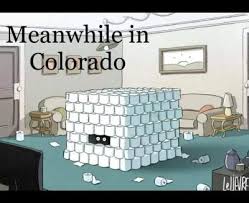
My Interview on Channel 7

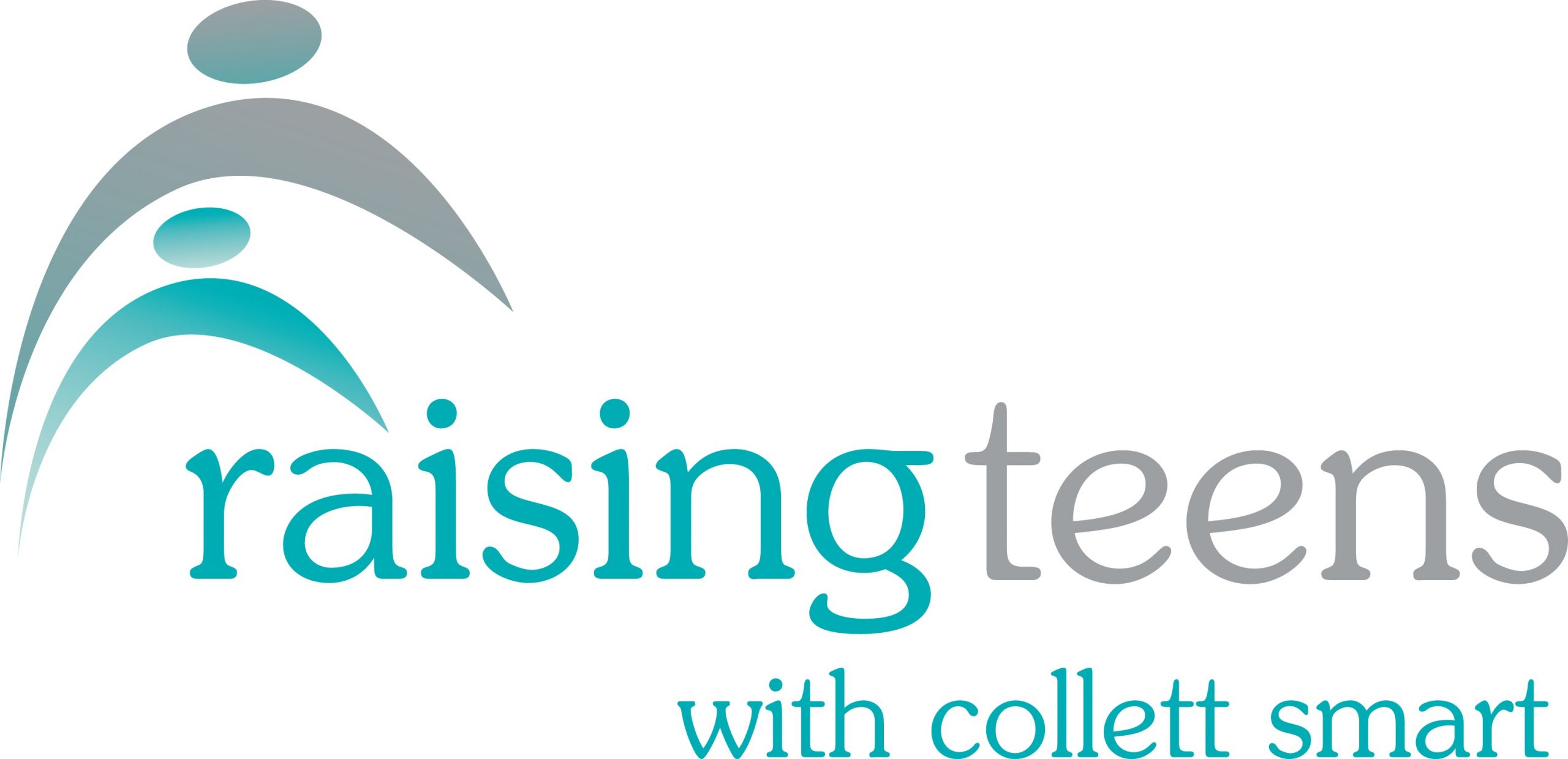
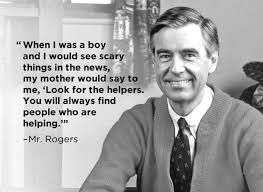

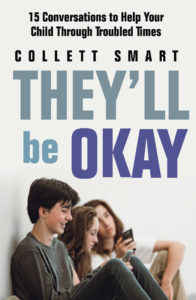
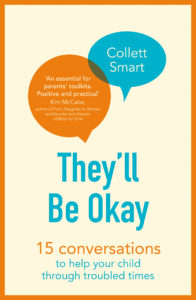
 My name is Collett Smart. I am a psychologist, qualified teacher, speaker, podcaster and internationally published author, with more than 25 years experience working in private and public schools, as well as in private practice. I am married and have 3 children aged aged 22, 20 and 14 years-old.
Welcome to Raising Teens!
My name is Collett Smart. I am a psychologist, qualified teacher, speaker, podcaster and internationally published author, with more than 25 years experience working in private and public schools, as well as in private practice. I am married and have 3 children aged aged 22, 20 and 14 years-old.
Welcome to Raising Teens!